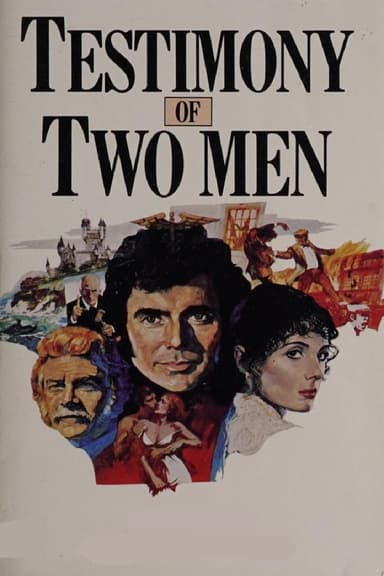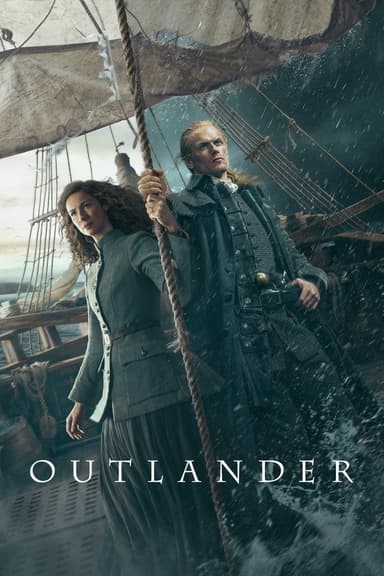
Captains and the Kings
1976 • Drama
Rags-to-riches tale of an Irish immigrant in late 1800s based on the novel by Taylor Caldwell.
Why you should read the novel
Taylor Caldwell’s novel, Captains and the Kings, takes readers on a profound journey through American history, ambition, and the relentless quest for power. Unlike the TV adaptation, the book delves deeply into the psyche of its characters, particularly Joseph Armagh, revealing his motivations, internal conflicts, and evolution as a complex individual navigating a rapidly changing world.
The novel weaves rich historical context, economic intrigue, and family drama into a tapestry that fosters a much deeper connection with its narrative and characters. Caldwell’s storytelling provides a nuanced exploration of the American immigrant experience and the harsher realities behind the façade of success during the Gilded Age. Readers will appreciate the intricate details and emotional depth that only the book can offer.
For those who desire a fuller understanding of the Armagh family saga, the book offers surprising twists, richly drawn secondary characters, and a more thorough portrayal of the personal sacrifices and ethical dilemmas faced by the protagonists. Engaging with Caldwell’s original work offers an experience that is immersive, thought-provoking, and emotionally resonant in a way the miniseries cannot fully emulate.
Adaptation differences
The TV miniseries of Captains and the Kings condenses a sprawling, decades-long narrative into a limited number of episodes, which results in the removal or simplification of several subplots and supporting characters. This necessity for brevity shifts the focus more heavily onto the main plot and the character of Joseph Armagh, often at the expense of the multi-generational dynamics and secondary characters explored in depth in the novel.
In Caldwell’s book, there is a much greater exploration of Joseph Armagh’s internal struggles, his detailed strategies for amassing power, and the impact of his ambitions on his family over time. The adaptation, while compelling, must necessarily gloss over much of this internal dialogue, instead externalizing motivations and decisions without as much context or introspection. Elements like political maneuvering and the portrayal of historical figures play out with less complexity onscreen.
The novel’s secondary storylines—such as the fates of Joseph’s siblings and in-depth commentary on American society—are far more nuanced in the original text. The TV series combines or completely omits these arcs for the sake of narrative cohesion and pacing, which diminishes the sense of scale and consequence Caldwell cultivated. Nuanced villains and allies in the novel are often marginalized or portrayed in broader strokes onscreen.
Finally, the novel’s ending is both more tragic and more ambiguous, allowing for an interpretation steeped in irony and generational consequence. The show, however, moves toward a more definitive conclusion, tying up storytelling threads in a way that satisfies TV audiences but loses some of the novel’s emotional resonance and thematic subtlety. For readers, the book’s unabridged vision provides a richer and more lingering impact.
Captains and the Kings inspired from
Captains and the Kings
by Taylor Caldwell











